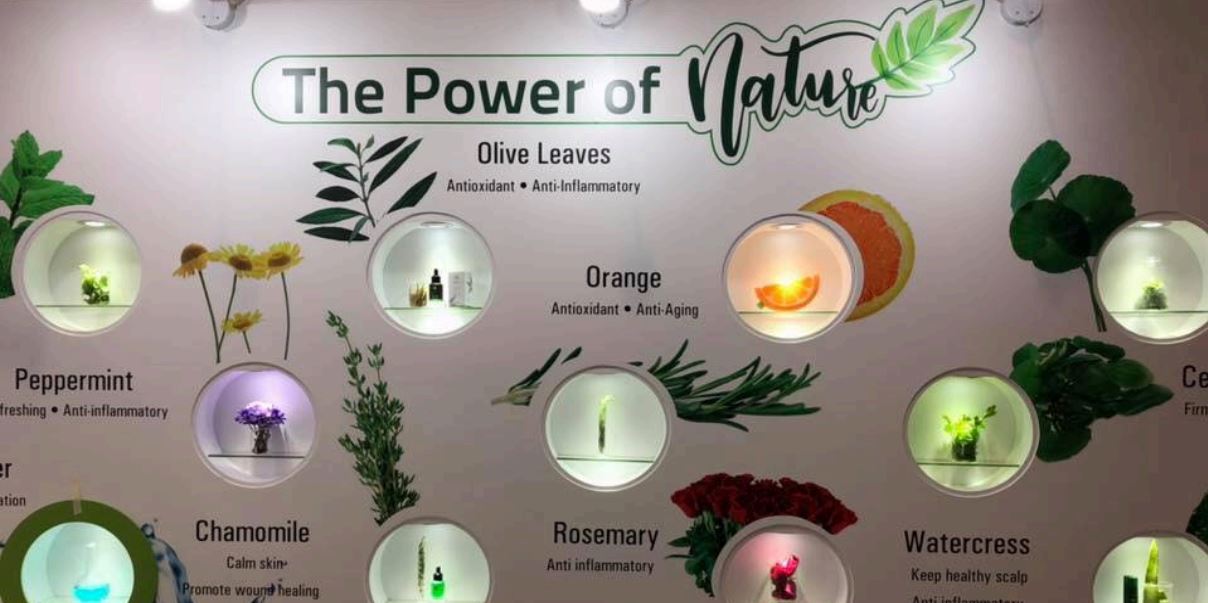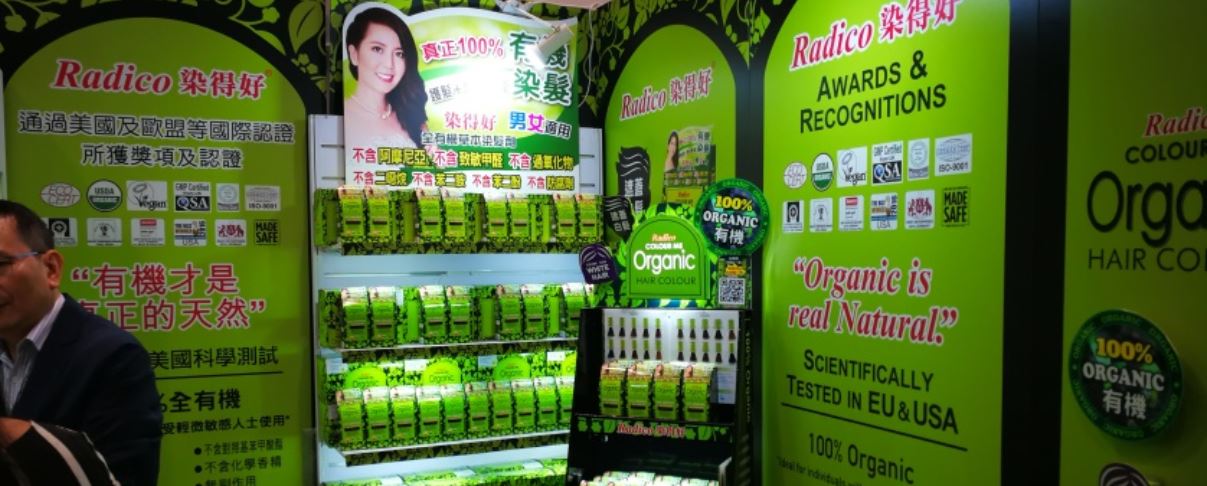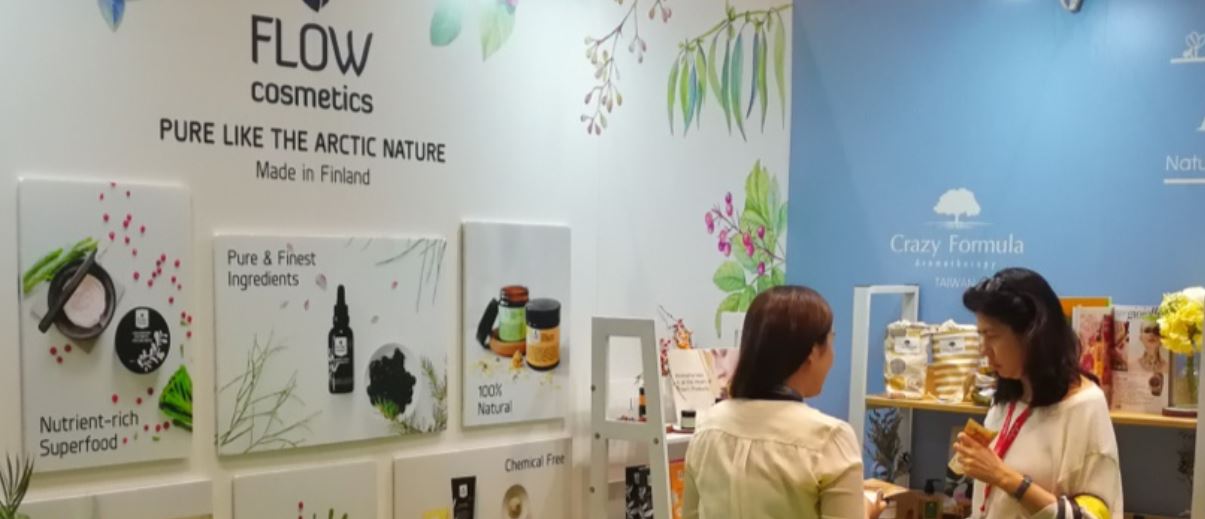
Web Developers
The Coresight Research team attended Cosmoprof Asia 2018 in Hong Kong. Cosmoprof is the leading B2B beauty trade show in Asia and also offers a three-day education program in which industry experts share insights and information on key beauty industry trends.
Our team attended sessions led by industry experts and met brand owners to learn more about the newest trends and products. Here are our top takeaways from the first day.
Liu added that there is a growing trend of using three types of ingredients in beauty and personal care products:
The Global Beauty and Personal Care Market Is Seeing Solid Growth
Yiting Liu, Beauty and Fashion Analyst at research firm Euromonitor International, outlined that the global beauty and personal care industry has been growing at 5% compound annual growth rate since 2012, and estimated total retail sales will be $491billion for 2018. The category’s global retail sales value is forecast to grow to $616 billion by 2022. Asia Pacific has played a prominent role driving growth for the global beauty and personal care industry. Liu outlined that companies with natural product offerings enjoy higher CAGRs since 2012 than those without natural product lines.Growing Awareness of “Green” Beauty and “Ethical Consumerism”
Consumers no longer focus only on price and quality, but also on the wider impact products bring to society and the environment. Liu defines“ethical consumerism” as product consumption that does no harm to the environment or society. Ethical consumerism is driving the evolution of “green beauty,” which has three aspects:- “Green”and ethical positioning, for example, “free of animal testing” products or “100% recyclable” packaging.
- Getting products certified by a recognized industry body, for example, Halal certified.
 Source: Coresight Research
Source: Coresight Research
Liu added that there is a growing trend of using three types of ingredients in beauty and personal care products:
- Locally sourced ingredients such as mangosteen from Thailand.
- Super food ingredients such as broccoli and blueberries, which add nutritional value of the products.
- Fermented ingredients such as fermented black sugar and yogurt.
Industry Players are Adopting Sustainability Measures to Up Their Game
Amarjit Sahota, Founder and President of Ecovia Intelligence, defined sustainability as companies meeting present demands without comprising the ability of future generations meeting their own. Using this definition, Sahota added that companies in general are adopting several types of sustainability measures:- Adoption of natural ingredients as replacement to synthetic ingredients.
- Sustainable and ethical sourcing of natural and organic ingredients, for example from renewable sources.
- “Green” packaging such as plastic-free packaging.
- Waste management to reduce costs and increase efficiency, where some companies are adopting zero-waste initiatives.
- Social investment, for instance volunteering and charitable donations to third world countries.
- Paolo Braguzzi, CEO of haircare company Davines, said Davines addresses sustainability by reducing plastics and packaging, getting its energy from 100% renewable sources, and measuring its own impact on the environment.
- Christina Ho, Marketing Manager of chemical company Croda, shared that Croda uses renewable ingredients in manufacturing sites. Ho added that Croda ensures no child labor is used, and that ingredients for skincare products are sourced from ethical suppliers. In addition, Croda employs third party assessment and requests each employee donate 1% of their time on social work.
 Source: Coresight Research
Source: Coresight Research Source: Coresight Research
Source: Coresight Research